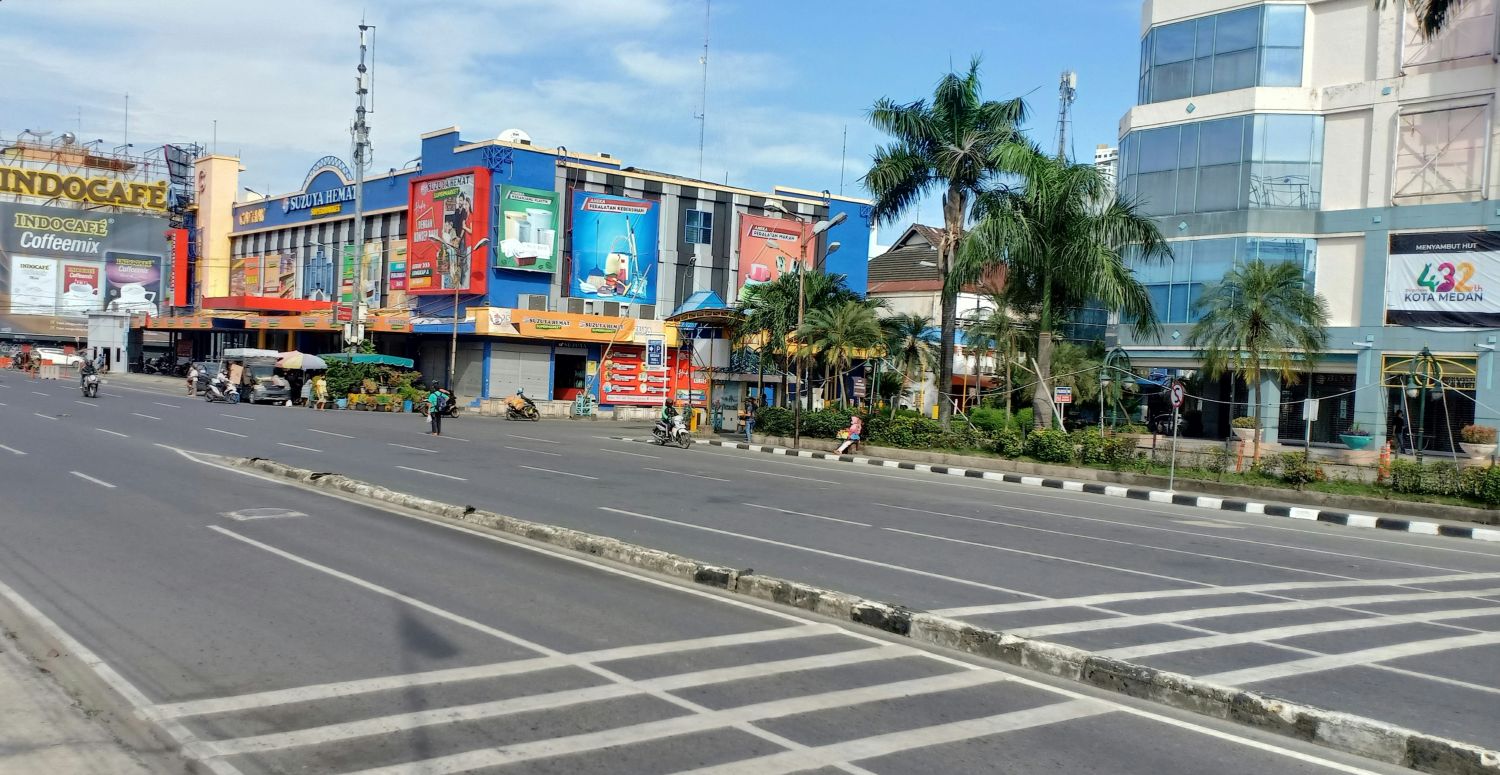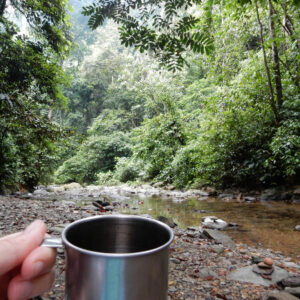Safety in Sumatra
ToggleSafety in Sumatra is generally very good, but there are some natural and health risks that travellers should be aware of.
General tips
- Common sense: Stay alert and use your common sense. If something feels strange, it usually is.
- Be cautious: You are in a very poor country. Avoid showing off your expensive mobile phone, camera or other luxury items in public. At least in cities, in villages it is usually not a problem.
- Bargaining: It can happen that you are ripped off as a tourist on public buses or becak rides, for example. Be prepared for this. Especially in Medan at the Pinang Baris bus station, there are frequent incidents of dodgy men trying to sell overpriced tickets to tourists.
- Money: Don’t carry too much cash with you. Leave the big notes in your hotel room. 100-200k/person is usually enough for the day.
- Drugs: Drugs are, without exception, illegal in Sumatra and are punishable by imprisonment. Even if you are offered weed or magic mushrooms here and there, this is still illegal. Be aware of the consequences.
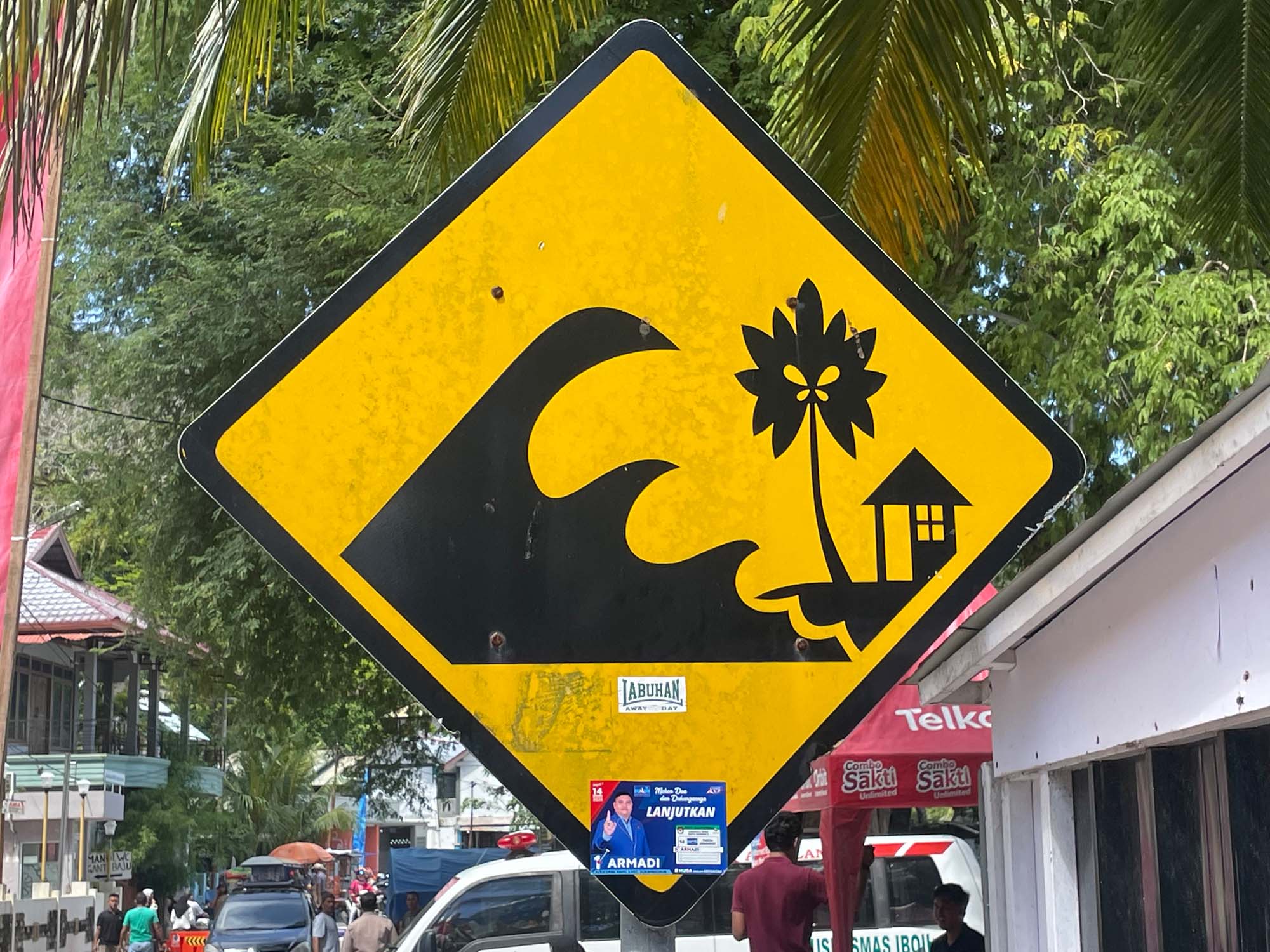
Natural hazards on Sumatra
Sumatra is a large island in the east of Indonesia and became particularly well known due to the tsunami in 2004, which caused great destruction. You should be aware of the following risks on Sumatra:
- Seismic activity: Sumatra, like the whole of Indonesia, is located on the so-called Ring of Fire, a region with high seismic activity. Earthquakes, seaquakes and volcanic eruptions can occur at any time. There are around 12 active volcanoes on Sumatra, 6 of which have erupted in the last 20 years. More info
- Tsunami danger: Strong seaquakes can trigger tsunamis. Therefore, always observe the local warnings.
- Rainy season and landslides: November to March is the rainy season, which can cause landslides and flooding.
- Dry season and forest fires: Forest fires are common during the dry season, which can affect air quality.
- Cyclones: Cyclones can occur between May and November.
Terrorism in Indonesia
Some parts of Indonesia are to be avoided due to terrorist activity, but Sumatra is not one of them. However, there is a general risk:
- General risk: Increased caution should be exercised in crowded places such as tourist attractions, shopping centres, airports and discos.
- Piracy: Piracy occurs regularly in Indonesian waters.
- Safety on excursions: Never plan excursions alone and use guided tours.
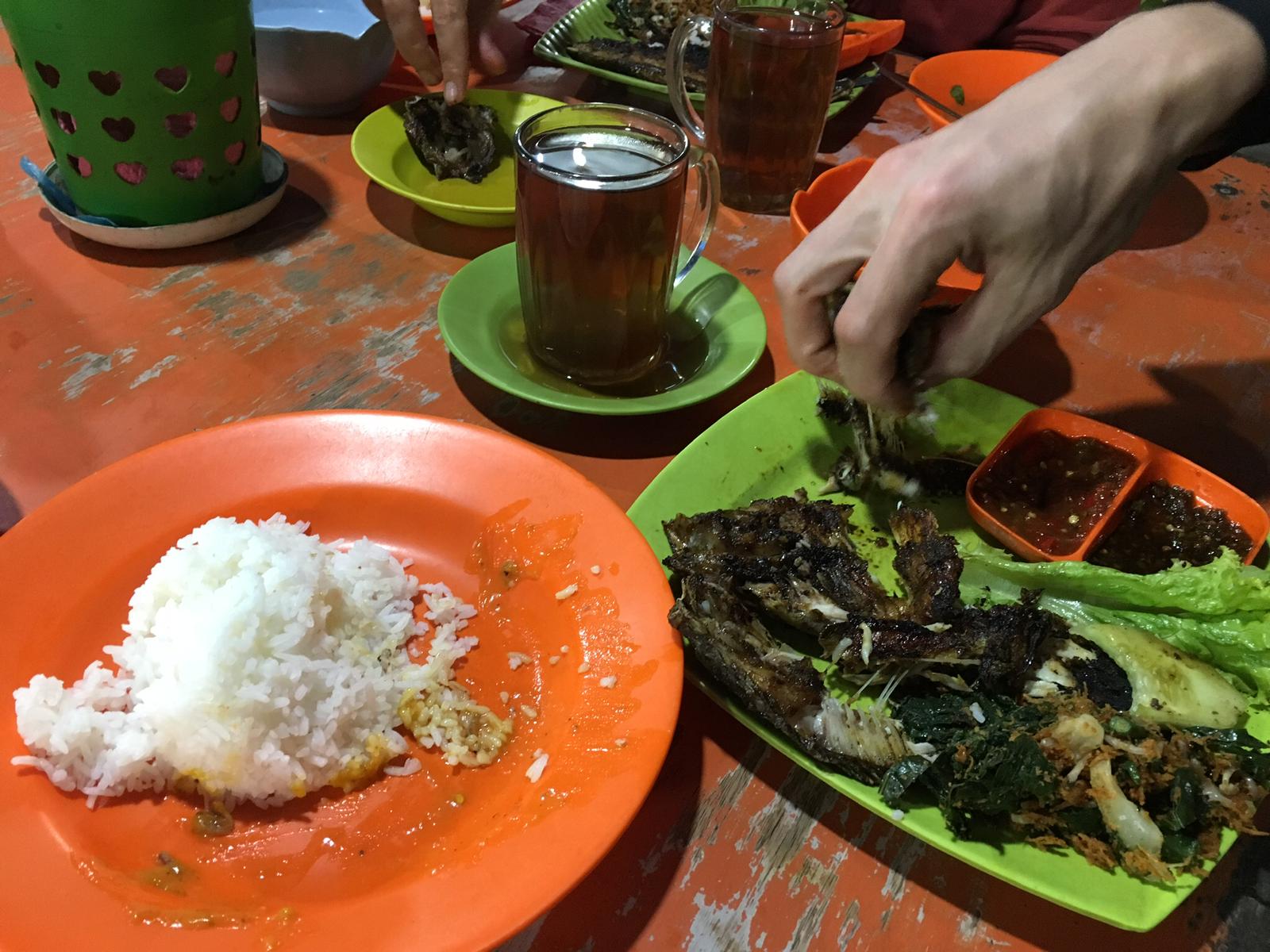
Health risks on Sumatra
- Dengue fever: Most common in Bali, but also possible in Sumatra. Good mosquito repellent is essential. This is best bought locally. Mosquito spray from Germany is usually not effective.
- Malaria: Fot for travel classifies Sumatra as a low risk. Here is a map of Malaria cases worldwide with only a handfull of cases in Sumatra.
- Vaccinations: We do not give any tips on vaccinations, as this is a very personal matter. Check with on this website or your general practitioner.
- Diarrhoeal diseases: Do not drink tap water. Use bottled water for brushing your teeth and washing up. If you are travelling in remote areas, a Lifestraw water bottle with filter can be useful. Ice for drinks is always bought and not made from tap water. However, if you want to be safe, order without ice.
Medical care on Sumatra
- Hospitals: There are good clinics in larger cities such as Medan or Padang, which guarantee adequate care. In Padang, the Semen Padang hospital is recommended, in Medan the Columbia Asia.
- Specialistdoctors: They are not always on site and must be called in an emergency.
- Remote areas: Medical care may be limited. Carry a first-aid kit with you.
- Travel insurance: Travel insurance with medical and repatriation cover is strongly recommended.
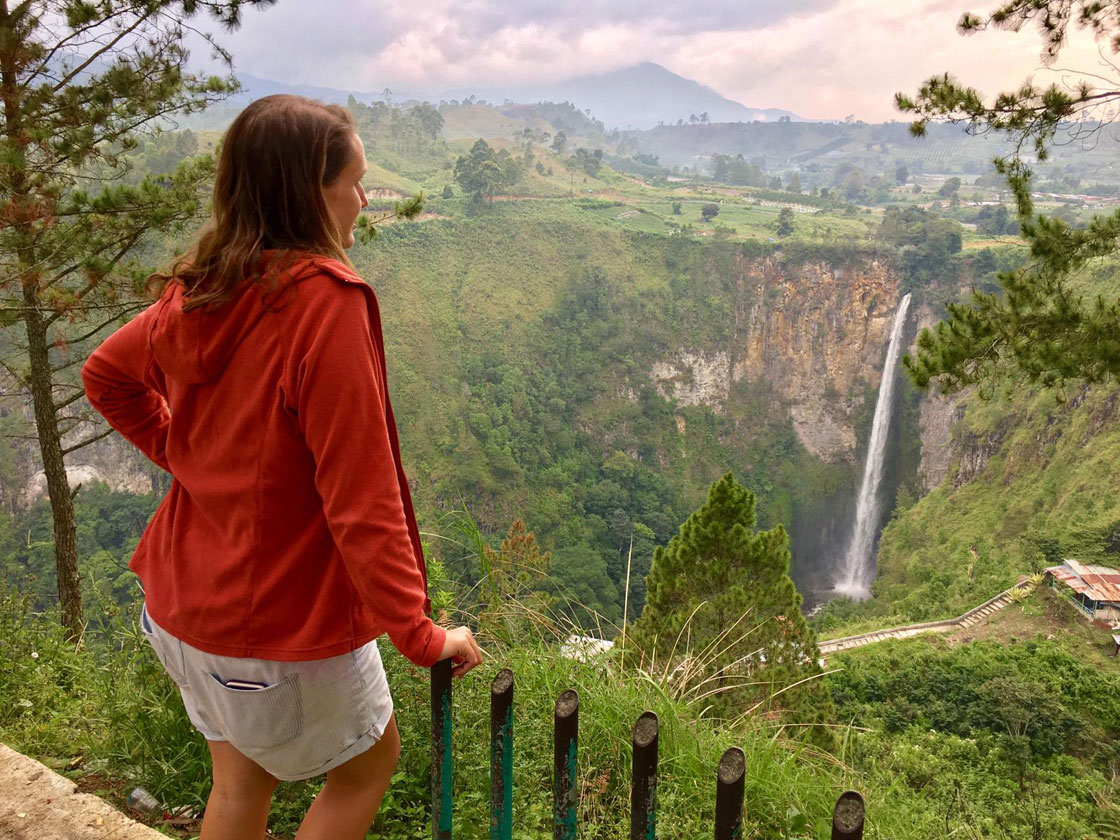
Information for solo female travellers
Sumatra is generally very safe for women travelling alone. Most people are friendly and courteous. The general rule of thumb is to approach every situation with common sense. Men can be a little pushy towards women travelling alone. But you can easily get rid of them with a friendly ‘Tidak’ (no). It is also not uncommon for a stranger to ask for your husband or boyfriend on the street. In these cases, it may be advisable to resort to a little white lie and say that your husband is ill in the hotel or will be joining you. This makes everything easier. Wearing a fake wedding ring also helps.
Avoid going anywhere alone with a man at night unless you are romantically interested. What is a funny ‘I’ll show you my stamp collection’ at home is an ‘I’ll show you the stars, fireflies or nocturnal animals’ here. But it means anything but that, if you know what I mean.
Dress accordingly. You are in a Muslim country. Even if it feels like 1000 degrees, your knees and shoulders should be covered. My rule of thumb is either a sleeveless shirt and long trousers, or a shoulder-covering/long-sleeved shirt with shorts. Please do not wear crop tops or shirts with a large neckline. Bikinis are also not common, use shorts and a shirt when you go swimming.
Read also: Sumatra for solo travellers
LGBTQ travellers
Most people in Sumatra are Muslims, who maintain a rather reserved culture. It is frowned upon to show public displays of affection such as holding hands, hugging or even kissing – regardless of whether heterosexual or homosexual couples do it. Keep these displays of affection private.
Homosexuality is currently illegal in 2 provinces in Sumatra – in Aceh in the north and in South Sumatra. So be careful there and book 2 hotel rooms if you are in doubt.
We have not heard any news of homosexual tourists being attacked or even arrested, but we still advise caution.

